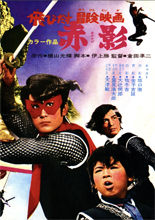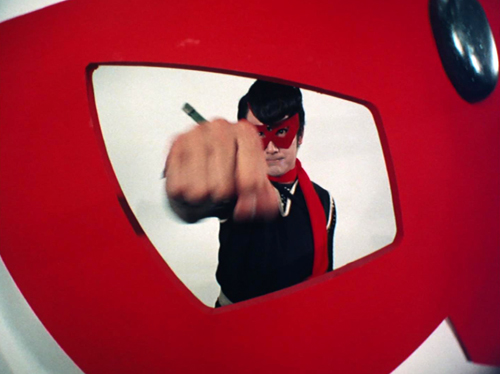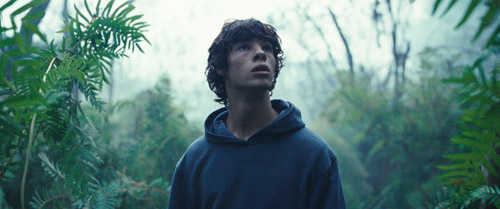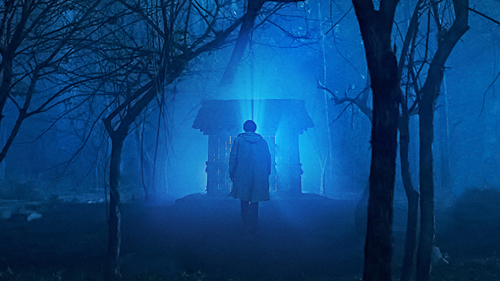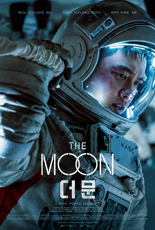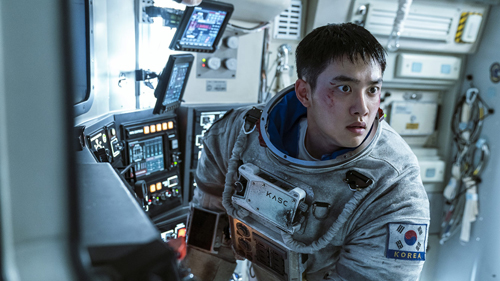
A disgraced journalist (Lily Sullivan, Evil Dead Rise) attempts to rebuild her career — if not her credibility — by starting Beyond Believable, an investigative podcast on unexplained events. One night, the subject for a potential first episode falls in her lap via an anonymous email. Bearing the subject line “The Truth Will Out,” it contains only a name, a phone number and a cryptic reference to a brick.
As the saying goes, curiosity killed the podcaster, so she takes the bait. A couple of calls later, she’s nose-deep in the mystery — or conspiracy? —regarding these black bricks of unknown origin and composition, and containing odd symbols inside.

One unsolicited tip is all it takes to lead her down a rabbit hole. For a good while, the same holds true for Monolith viewers as well, thanks to Sullivan’s engaging performance — all but required when you’re the lone actor onscreen. Unlike the recent, similarly themed First Time Caller, the Australian Monolith benefits from its always-on lead character not being abhorrent.
As first-time filmmakers, directory Matt Vesely and Lucy Campbell take a lot of correct steps upfront. Ultimately, their conclusion’s dogged ambiguity could work against the film’s potential life span. Sci-fi viewers don’t demand complete, lock-and-key explanations — witness The X-Files — but for Monolith to pivot so hard to the abstract after an hour of Sullivan’s methodical info-gathering feels indolent. Nevertheless, I look forward to whatever they direct their energy toward next. After all, the truth will out. —Rod Lott


